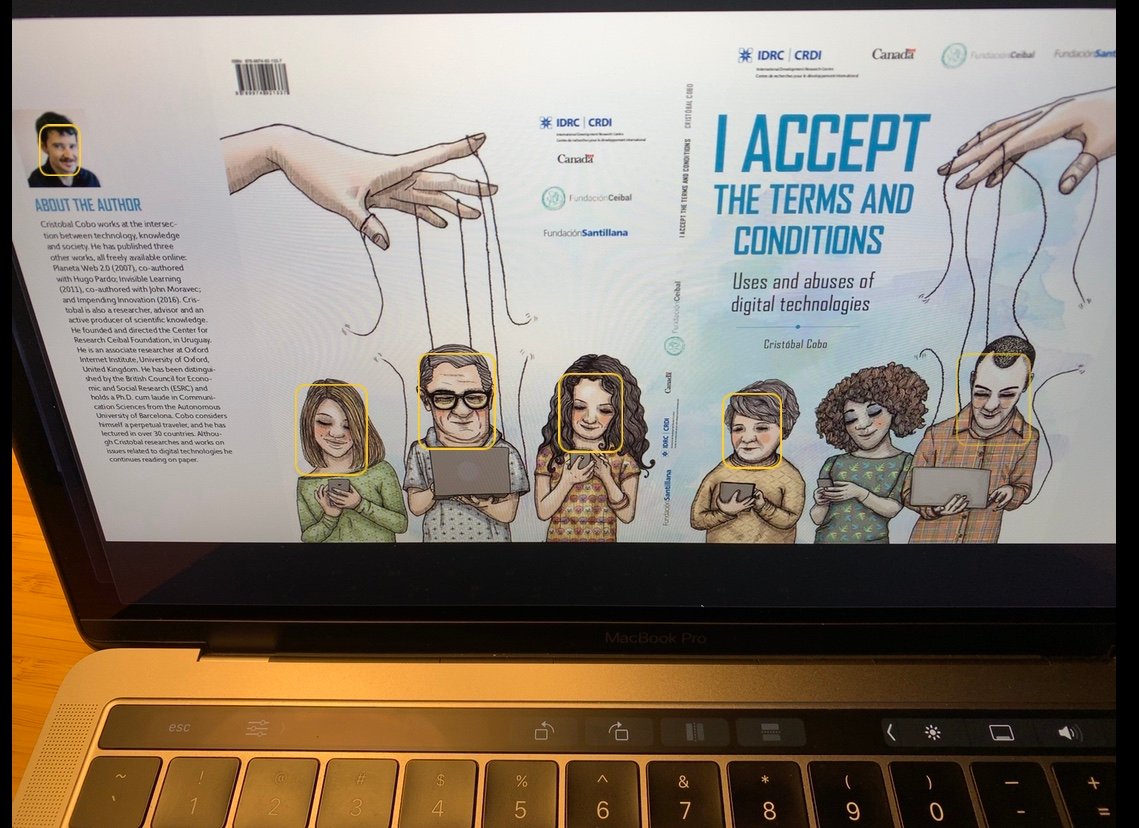The uses and abuses of digital technologies: Implications for education

Listen the Podcast: "Navigating Uses and Abuses of Digital Technologies: Lessons from Cristóbal Cobo"
Back in the late 90s internet was meant to be one of the main disruptive and progressive technologies. The expansion of this new technology was led by a small group of techno hippie and innovators (geeks) who actively defended the idea of safeguarding the expansion of the Internet from the regulatory role of the state. “Don’t be evil” or “Hands off the Internet”, used to be some of the mottoes back then.
Now, over 20 years later, the digital world has grown exponentially and half of the global population has access to the Internet. Although the society is not the same that used to be before the digital era (for good and for bad), there are a number of unintended consequences (known as “the end of the digital honeymoon”) which have raised concerns among different sectors of the society.
An example of these alarms is that a substantial portion of the global digital information is exchanged, traded and concentrated by a handful number of big technology companies (also known as GAFAM or BigTech). Digital wealth globally has emerged from the BigTech. However, the main power of these companies is not only economic but also political and symbolic. The BigTech know (and trade with) the private life of most of the online users. These big corporations have lobbied heavily to protect themselves from being regulated, while their economic influence has reached every country and virtually every sector of the economy (getting enormous tax exceptions).
GAFAM are also known for manipulating the information consumed by citizens using “black box” algorithms, and more recently acting as powerful brokers during political electionswith the influence to shape the new centers and peripheries of the digital era.
Drawing on the recent book,I accept the terms and conditions: Uses and abuses of digital technologies, this presentation will examine how we got to this point and the implications for Education. It highlights the major information asymmetries between small groups of wealthy data scientists working for the BigTech versus a large population of often ill-informed users - a phenomenon described as “digital feudalism”.
Through in-depth interviews with global experts and policy analyses the presentation will demonstrate how critical it is to act to tackle the unprecedented power of the BigTech (that is likely to increase with the artificial intelligence and derivative technologies); and the important role of education in this process regardless of gender, age or background. This need for Education is not only required to develop and enhance citizens' digital literacy, but also to prepare them to understand how to become critical consumers (algorithmically literate, smart skeptics or ethically fluent).
Furthermore, that in a “datified society” the role of the state, and educational institutions in particular, should be more proactive and more protective (especially in preserving the basic values of democracy, privacy, fairness, transparency and accountability).
Book available here www.aceptolascondiciones.com

Posted in Education and ICT on Oct 11, 2021




